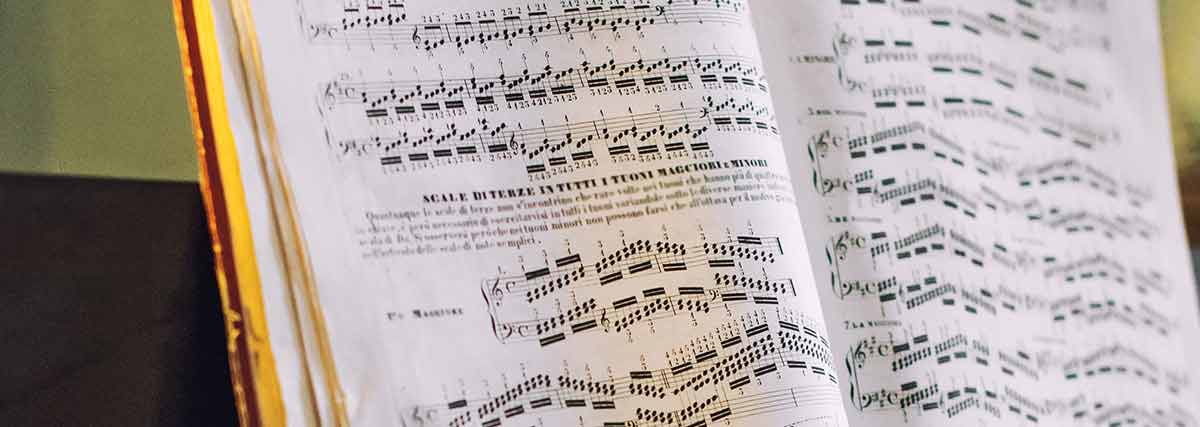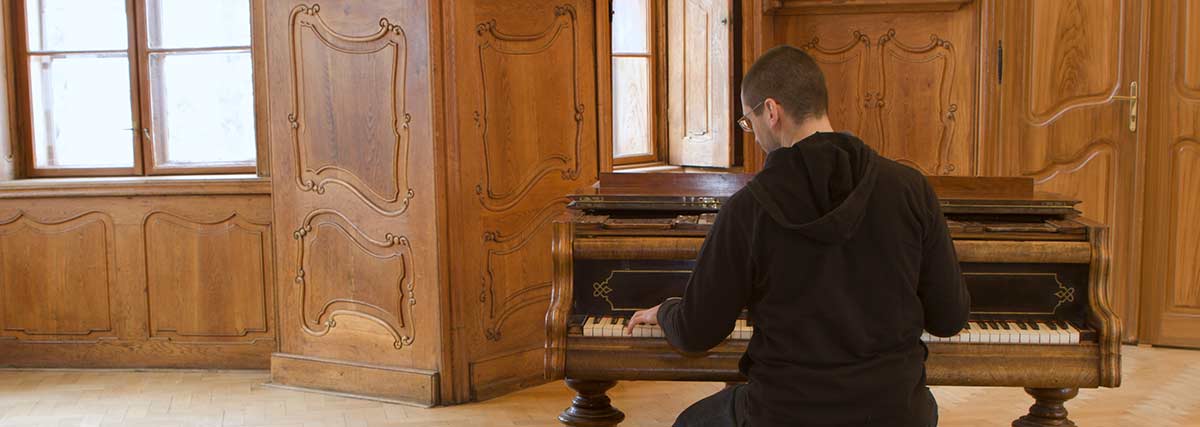A scale in music is a set of notes ordered according to pitch or frequency. It is a basis of the notes to be used in how a music or piece is composed. It is like a foundation or the structure of the harmonies that accompanies the melodies. There are many kinds of scales in music, depending on the structure of the distances of the notes. Aside from being knowledgeable about scales, it is also vital to include them in daily practise and learning to play them skillfully.
Why is playing scales important?
Playing scales is one of the significant pieces of information that every pianist should know because it is essential being a musician as it will aid not only in performing skills, but also in aural and composing skills. It is one of the many vital skills that a pianist can benefit from, whatever level he or she is in, because there are many things that you can gain from it which we will be discussing in this article.
Improves Technique
Playing scales is very useful when it comes to improving piano playing technique. It helps in developing firm and strong fingers which gives you excellent finger dexterity. Scales are usually included in a pianist’s daily practise as an exercise for warming up because it prepares them in executing certain passages in their pieces. It is advised to practise scales everyday to develop muscle memory in executing scalic passages and passages with thumb-under motions. These passages are common in classical music so it is useful to become skillful in playing scales.
Including scales in your regular practise can also be a way to improve your playing speed. Practising scales can be done with a metronome which can help you to play the notes evenly by providing a steady beat and also gives you the benefit to track your playing speed.
Building Blocks of Music
Music is made up of three elements, the melody, harmony and rhythm. With these building blocks of music, you will be able to produce a beautiful piece of music. Playing scales is an excellent way to learn these building blocks as melodies are normally created by using the notes that form a harmony. Harmonies are often based on the structure of a scale within a key and you can practise rhythms while playing scales. Practising scales does not have to be played as it is, you can incorporate a variety of rhythmic patterns which can help in improving evenness of finger strength and increase your sense of rhythm.
Being knowledgeable with the basic elements of music should be learned by heart because without the knowledge and understanding of these elements, you will have a hard time to progress and reach your full potential as a musician.
Musical Tonality
As most songs are composed in a major or minor scale, being knowledgeable of the intervals of the notes in a scale allows you to distinguish harmonies and dissonances – meaning, you will know which notes belong in a chord and those that do not. Developing tonality awareness is extremely essential especially when you are accompanying a singer or playing with a group of instrumentalists.
Because scales contain the notes that compose a harmony, it is extremely beneficial to know different kinds of scales so that you are familiar with the correct notes in a key, which will be beneficial in learning new pieces as it will help you distinguish which note is which. By knowing the structure of the scale, it will somehow guide you in knowing where the direction of the harmonies goes. It can aid in learning and memorising the piece quicker.
Spatial Awareness
Practising scales regularly does not only improve aural skills and provide excellent knowledge about melodies and harmonies, but also helps you to develop better spatial awareness with the instrument. Scales can be practised as many octaves as possible, which helps in being familiar with the geography of the piano keys. Learning where each key is located can help tremendously with piano playing, especially playing more advanced pieces that have notes that are distant from each other.
Knowing where to find every key on the piano is an essential skill when it comes to sight reading. It gives you the ability to play accurately without having to look at the piano keys. It saves time when you are learning a new piece of music. Sight reading is one of the most important skills that every piano player should have because it will help them to discover countless works of music.
Composition Knowledge
One of the best ways to be familiar with the notes in a key signature is to be knowledgeable about scales. Whether it is a minor scale or major scale, notes will fall inside a structure of a key signature. When you play the scales and become familiar with them, it will be so much easier to know which chords or harmonies to use and eventually enables you to explore different chord progressions that can make your compositions unique.
Many composers started their musical journey as pianists, and most probably it was because of their skill and knowledge in playing the piano. Piano can create more than just melodies unlike other instruments because you can produce more than just one melodic line by playing multiple keys on the piano. The possibilities with the piano are endless when it comes to creating harmonies and melodies. That’s why great composers are also great piano players.
Many piano learners take for granted the importance of playing scales, probably because they are not aware of the many benefits that they can get from it. If you are a piano learner who is interested, not just in classical music, but in many genres, learning how to play the scales will surely aid you and make your piano playing satisfying and enjoyable. So what are you waiting for? Get started with your practise and include playing scales with your regular practise routine and see how quickly you will improve when it comes to your piano playing.
Let’s get past your phobia of scales and discover eight reasons why you need to practice your scales daily written by master musician Stefan Joubert!












